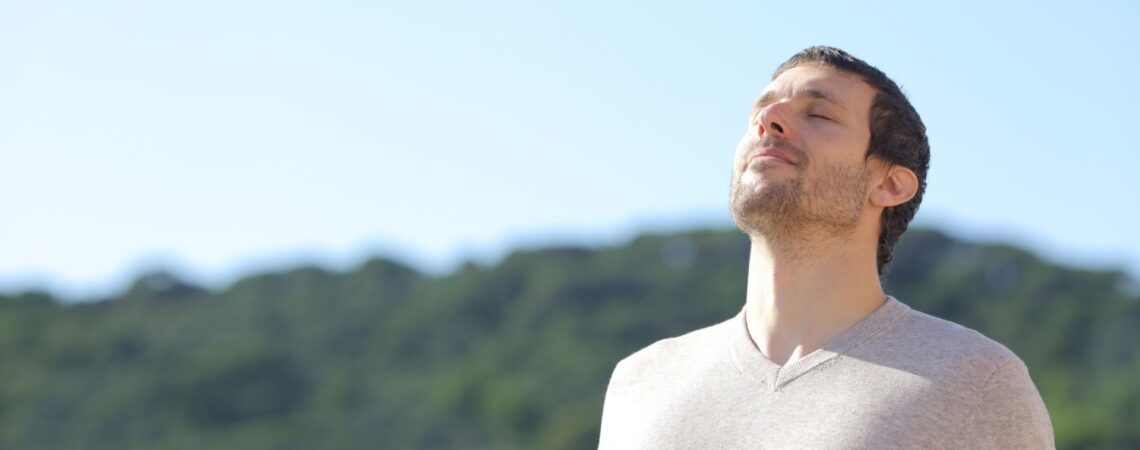Subscribe to our newsletter
Receive news and benefits on health and wellness.

SHA Magazine Health & Beauty
The World Health Organization defines stress as your body’s response to anything that requires attention or action. In other words, it’s a biological alert system we need for survival. As Cinthya Molina, psychologist at SHA Wellness Clinic, tells us, “stress is innate, natural and instinctive and we need it to survive. When humans still lived in caves, it was the flight response that helped us flee from any threat. And, although we no longer have to defend ourselves from a mammoth attack, it is stress that helps us to achieve our goals and objectives and overcome the challenges that life throws our way. The problem happens when stress is no longer a one-off response to a specific situation but becomes chronic. In fact, there are studies that show that a little stress improves memory, while too much stress cancels it out. When the human body is faced with a stressful situation, it releases certain hormones and substances, such as adrenaline or cortisol, which activate the body’s flight response. In addition, chronic stress is closely related to depression”.
But although we know the theory, the practice is quite different. Because we live in a hyper-stimulating society that constantly demands 100% of our attention and that we multitask on top of that. As a result, we are often overwhelmed by reality itself, a feeling that is exacerbated by the social, personal and work-related instability caused by the global health crisis. And there are few things as stressful as the feeling of not being in control. But, as Cinthya reminds us, “reality is neutral, it has no meaning in itself and is not emotionally charged. It is up to us how we interpret and manage it”.
When we live with chronic stress for a long time, our overall health and well-being begins to suffer. “There is a two-way relationship between the emotional and physical, which is why chronic stress can lead to cardiovascular and digestive problems, muscular pain, migraines, lack of concentration, memory or sexual desire, loss of intellectual and physical performance or insufficient sleep”, adds the expert.
To keep your inner balance and be the best version of yourself at all times, it is essential to take a holistic approach to stress that combines basic stress management guidelines, a healthy and balanced diet, regular physical exercise, proper sleep hygiene that makes it possible to get the right amount of restful sleep every night and mindfulness disciplines such as yoga, meditation or pranayama breathing techniques, which connect us with the present, with the here and now while promoting relaxation.
To find out more about the SHA Anti-Stress Programme, Click here
Receive news and benefits on health and wellness.
